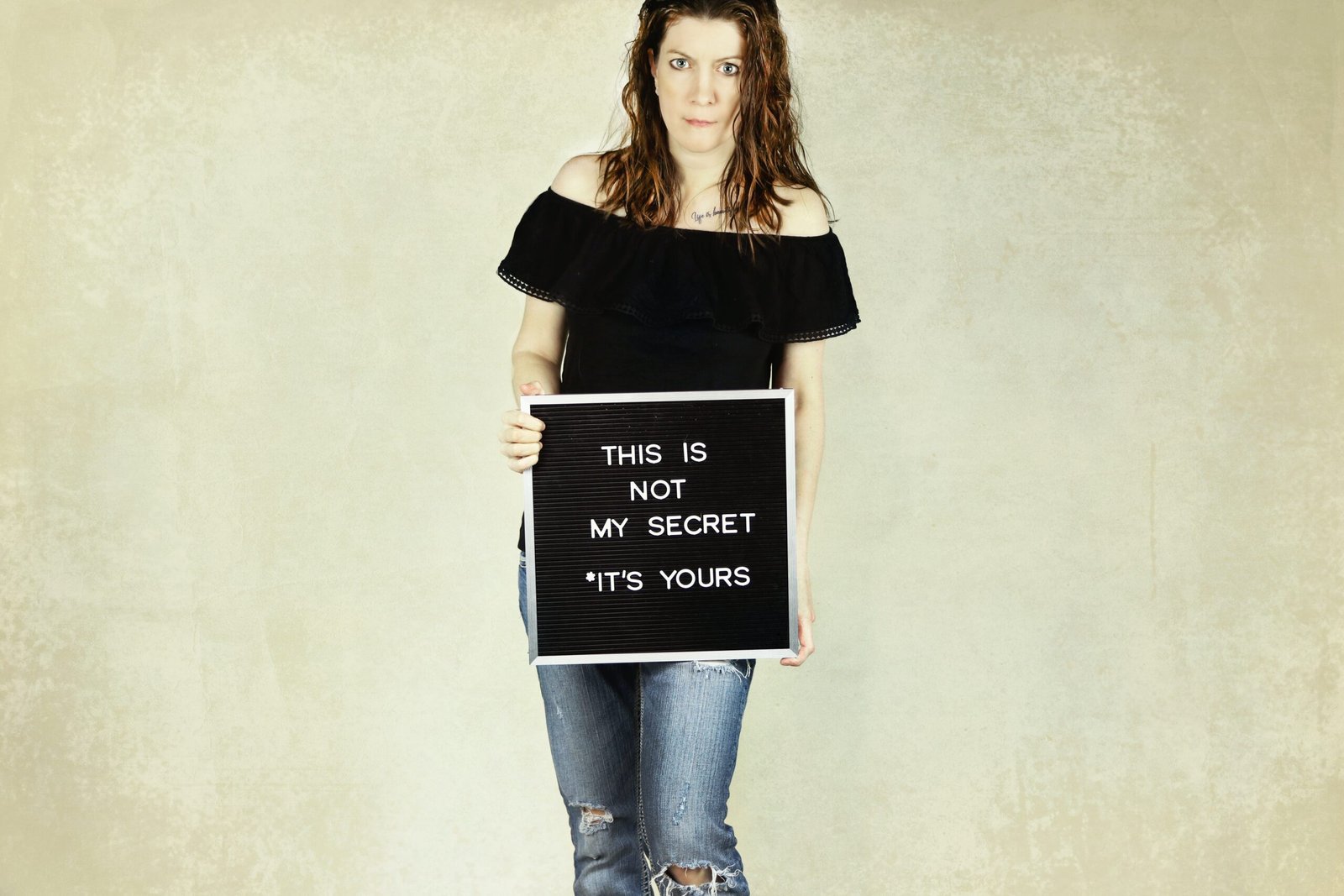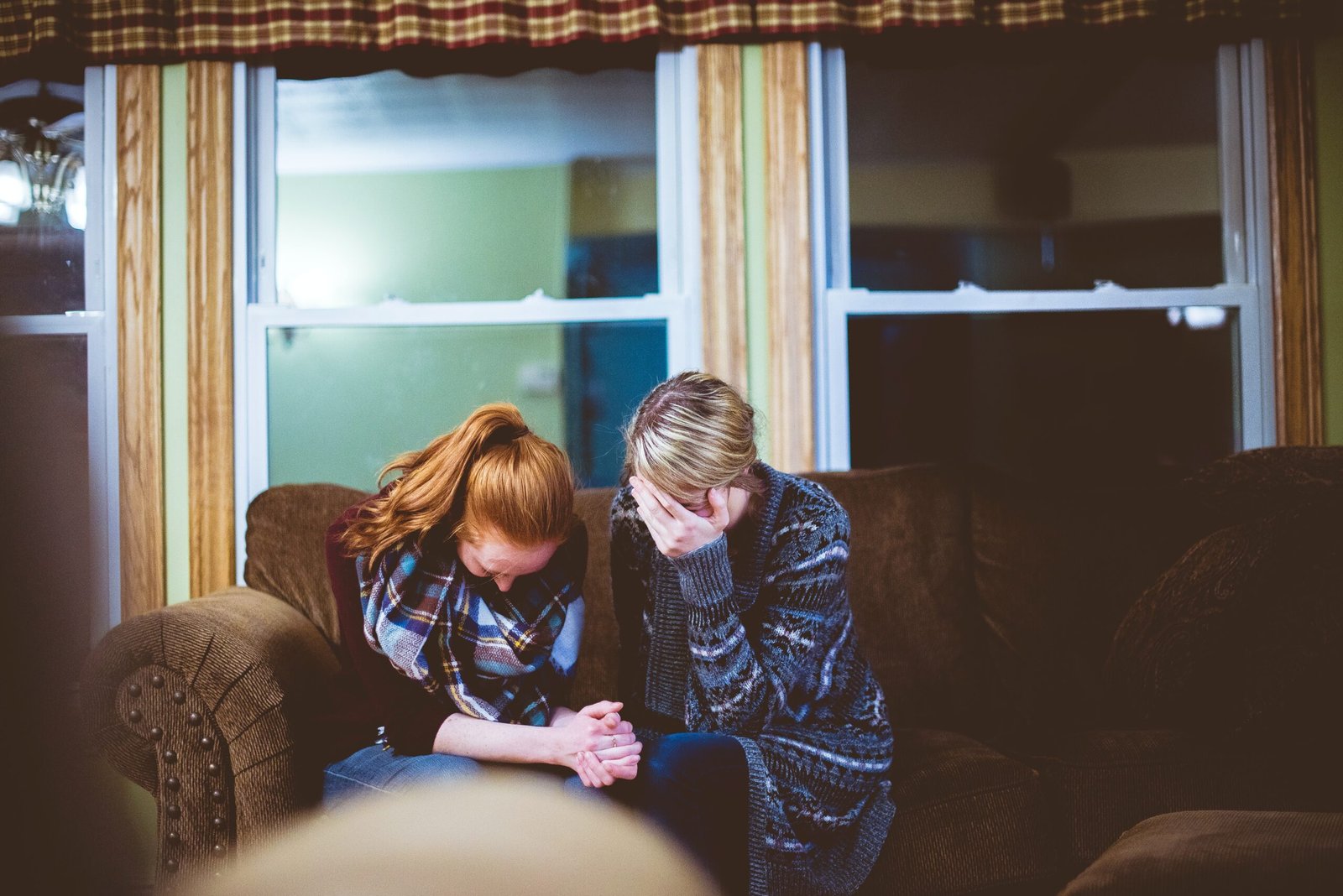Introduction
Dealing with childhood trauma can be a challenging journey, not just for the individual who experienced it, but also for their loved ones. If your husband has a history of childhood trauma, it is essential to provide him with the support he needs to heal and thrive. In this blog post, we will explore effective ways to assist your spouse in recovering from past trauma, incorporating current trends and recent data to provide you with the most up-to-date information.
Understanding Childhood Trauma
Childhood trauma refers to any adverse experiences or events that occur during a person’s early years. These experiences can have a lasting impact on an individual’s emotional, mental, and physical well-being. It is crucial to recognize that each person’s journey is unique, and the effects of childhood trauma can manifest differently in different individuals.
Creating a Safe and Supportive Environment
One of the most important ways to help your husband heal from childhood trauma is by creating a safe and supportive environment. This involves:
- Active Listening: Take the time to listen attentively to your spouse without judgment or interruption. Allow him to express his feelings and thoughts openly.
- Validation: Validate your husband’s emotions and experiences by acknowledging their impact and expressing empathy. Let him know that his feelings are valid and that you are there to support him.
- Open Communication: Encourage open and honest communication in your relationship. Create a space where your spouse feels comfortable sharing his thoughts and concerns.
- Boundaries: Respect your husband’s boundaries and ensure that he feels safe and secure in your relationship. Establishing clear boundaries can help build trust and foster a sense of security.
Seeking Professional Help
While your support as a spouse is invaluable, it is essential to recognize when professional help may be necessary. Encourage your husband to seek therapy or counseling with a trauma-informed therapist who can provide specialized support and guidance. Therapy can help your spouse process his past trauma, develop coping strategies, and work towards healing and recovery.
Education and Empathy
Take the time to educate yourself about childhood trauma and its effects. Understanding the impact of trauma can help you empathize with your husband’s experiences and respond in a supportive manner. Stay informed about current trends and research in trauma recovery to ensure you are providing the most relevant and effective support.
Self-Care and Support
Supporting your spouse through childhood trauma can be emotionally challenging. It is crucial to prioritize your own self-care and seek support when needed. By taking care of yourself, you can better support your husband’s healing journey.
Frequently Asked Questions
Q: How long does the healing process take?
A: The healing process is different for everyone and can vary in duration. It is important to be patient and understanding, as healing from childhood trauma takes time.
Q: Can I help my husband without professional help?
A: While your support is valuable, professional help can provide specialized guidance and support. Encourage your husband to seek therapy for a comprehensive approach to healing.
Q: How can I encourage my husband to open up about his trauma?
A: Building trust and creating a safe environment is key. Be patient, non-judgmental, and reassure your husband that you are there to support him unconditionally.
Q: Are there any support groups for spouses of individuals with childhood trauma?
A: Yes, there are support groups and online communities where you can connect with others who are going through similar experiences. These groups can provide valuable support and resources.
Q: What if my husband is resistant to seeking help?
A: It is common for individuals to feel resistant or hesitant about seeking help. Continue to express your support and gently encourage your husband to consider therapy. Offer to accompany him to the first session if it would make him more comfortable.
Q: Can childhood trauma affect our relationship?
A: Childhood trauma can impact relationships. By providing support and understanding, you can help build a stronger, more resilient partnership.
Q: How can I take care of myself while supporting my husband?
A: Engage in self-care activities that help you relax and recharge. Seek support from friends, family, or a therapist to ensure you have the emotional support you need.
Q: Are there any books or resources you recommend?
A: Yes, there are several books and resources available that provide valuable insights into supporting individuals with childhood trauma. Some recommended titles include “The Body Keeps the Score” by Bessel van der Kolk and “Complex PTSD: From Surviving to Thriving” by Pete Walker.
Q: Can childhood trauma be fully healed?
A: While the impact of childhood trauma may always be a part of an individual’s life, healing and recovery are possible. With the right support and resources, individuals can learn to thrive and lead fulfilling lives.
Q: What are some additional tips for supporting my spouse?
A: – Encourage healthy coping mechanisms such as exercise, mindfulness, and creative outlets.
– Be patient and understanding, as healing is a non-linear process.
– Celebrate progress, no matter how small.
Conclusion
Supporting your spouse through childhood trauma requires patience, empathy, and understanding. By creating a safe and supportive environment, encouraging professional help when needed, and prioritizing self-care, you can play a crucial role in your husband’s healing journey. Remember, healing takes time, but with your support, your spouse can find the strength to overcome past trauma and build a brighter future.
Call to Action
If you found this blog post helpful, please consider sharing it with others who may benefit from this information. Together, we can create a supportive community that helps individuals heal from childhood trauma.









